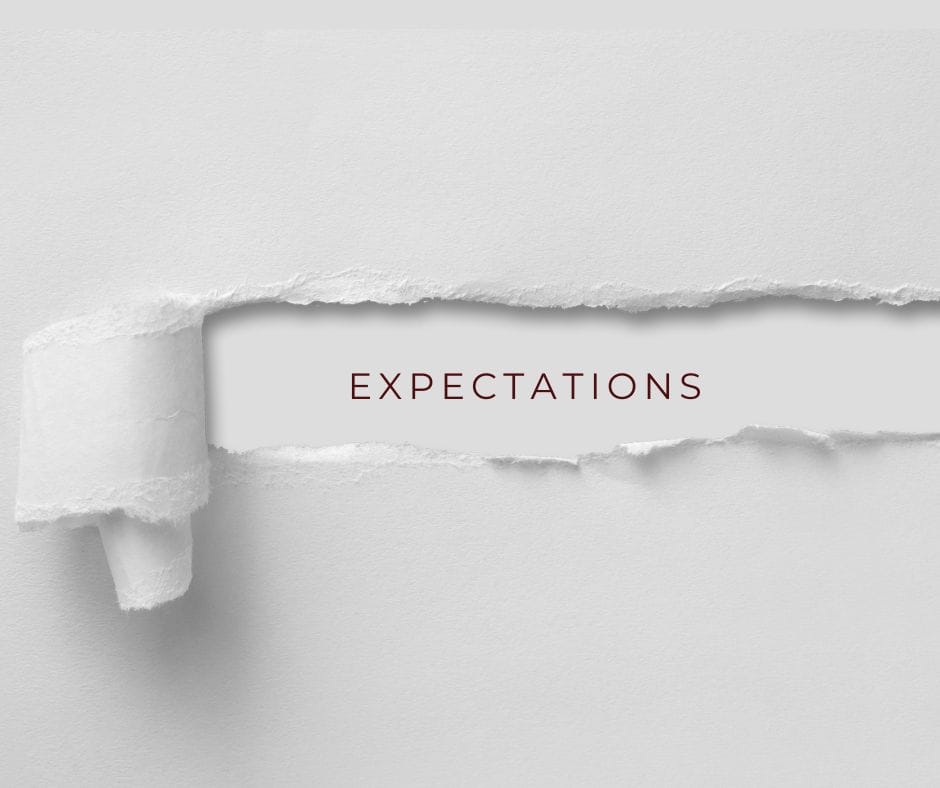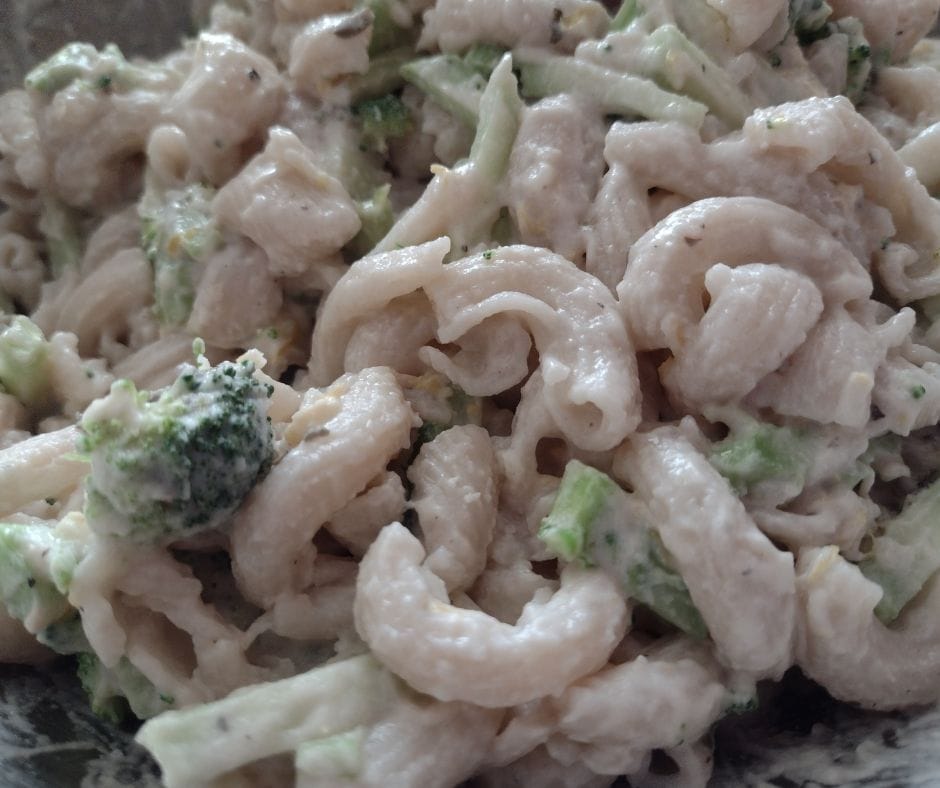Non-optometry related, but recently, my husband and I hired a company to paint our garage. We had done work over the past year to clean it out of boxes that hadn’t been touched since my family first moved into this house and then set it up so that it was more user and storage friendly for the type of things we needed in that room – a place for my mom to do her gardening, a laundry station, some place for some crafts work, and still room for us to park a car inside.
I went on Yelp to hire a painter and ended up hiring someone who had no reviews but had left the best first impression when they came in for the consultation. They were friendly, on time, and offered a mid-range quote compared to the other companies for the work to be done of just painting our garage walls.
We confirmed the time they would arrive and confirmed that they could do the job over the course of a weekend rather than spreading it out as my husband and I both work during the week.
Well, initial good impressions aside, the rest of the work together was not ideal. They were late by almost two hours the first day. As they were leaving after the first day, they said they’d be back on Monday to finish the job and I reminded them that that was not what we had agreed to initially and referenced back to a conversation where they had stated they’d come back to back days. They arrived the second day but were again almost two hours late from the anticipated arrival time, but finished the work relatively quickly. And then as my husband and I went to move everything back into the garage, we realized that something that we had left there was missing. We asked them about it and they responded that it might have been accidentally packed away when they were cleaning up the first day and they would bring the item back.
Now, over the course of those two days, there were plenty of opportunities for me to complain and raise my concerns. We never received an apology for their tardiness, especially considering it had impacted other tasks we had wanted to take care of in the meantime. And we had to wait almost a full week for the return of the item that was taken and that was only after several reminders on my part and requests for them to return.
I know I had every right to complain. Certainly, I had considered describing all the events as part of a review for their business. They did the job I had tasked them to – paint our garage walls – but the quality of service we had received was certainly subpar, not ideal, not customer-centric, and honestly, not at all what we had anticipated or expected.
But here was the perfect series of events for me to especially practice habit of acceptance and consciously understanding where my energy should go. If I had complained or posted a negative review or reacted in any kind of negative way, I know I would have received the same, if not from them then from someone or someplace else. The cycle of negativity would have continued and no one would have been the happier or better for it.
Instead, by accepting that this was not anything for me to waste my energy on (yes, they were late but while we were mildly inconvenienced, it wasn’t the end of the world for us), I felt and knew I could let this go and just let them go when they were done. I demanded they keep their end of this business relationship without having to dictate it out loud for them. But in all the follow up I was doing, I was I holding them responsible for finishing the job on time and returning the item that had been accidentally taken. And while they were accomplishing those tasks, I was sending positive energy to them and to the situation as a whole to help it unfold in the best way possible for everyone involved.
This is not an easy practice. Not giving into complaining takes a level of mental awareness and consciousness that takes time to develop. It means catching yourself at every instance when you find yourself starting to rant or discuss or complaining about something happening. This recent event in my life is not really an isolated kind of event. There are plenty of things in daily occurrences that can make one unhappy, irritable, and in the mood to complain to any willing ear. In the optometric world or the world as a student, the difficulties of balancing work-life or student-life are not easily ignored either. But not complaining about your patient who’s half an hour late and still demands to be seen and not complaining about the difficult clinic schedule you have while you’re supposed to be studying for boards means that the energy you could have spent complaining could be channeled to something more productive, something more positive, something – anything – better than continuing the cycle of negativity.
I challenge you to taking the next 24-48 hours mentally being aware of how much of a habit you have around complaining. And once you notice, I want you to immediately start changing it. Once you’re aware of the thoughts or words coming out your mouth, I want you to stop mid-thought or mid-sentence, take a breath, and just let it go. Don’t finish the thought. Don’t say another word. Change your focus. A bonus step would be to imagine light or send good feelings to whatever’s bothering you instead, but don’t worry if you’re not there yet. Just stop the complaining first for an hour, then a day, then another, and keep up the practice.
You’ll find your energy shifting lighter and lighter over time.








